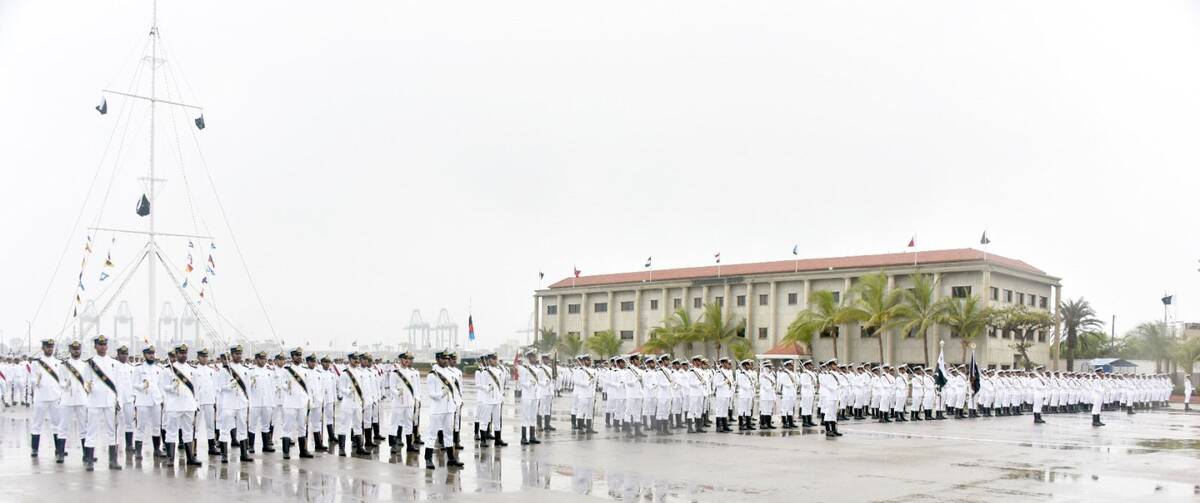ISLAMABAD: Pakistan’s largest province Punjab has reported 86 cases of the dengue virus over the last 24 hours, the province’s Department of Primary and Secondary Health Care said on Sunday, assuring citizens it has completed all arrangements to contain the disease.
Dengue is an illness that spreads through vectors, carried by the bite of an infected mosquito. There is currently no cure or vaccine for dengue fever and in its most severe form, can lead to fatalities.
People affected by dengue go through intense flu-like symptoms including high fever, intense headache, muscle and joint pain, and nausea and vomiting, typically persisting for approximately a week.
“According to the Department of Primary and Secondary Health Care, 86 cases of dengue were reported in the province during the last 24 hours,” the statement said.
As per details provided by the Punjab health department, 74 of the 86 dengue cases were reported from the eastern city of Rawalpindi while two dengue cases each were reported from Gujranwala, Sheikhupura, Attock and Mianwali cities over the last 24 hours.
One case each of the disease was reported from Lahore, Kasur, Chakwal and Sahiwal, the health department said, adding it has completed arrangements to contain the spread of the disease.
“All government hospitals have stocks of medicines including dengue and other medicines,” the health department said.
Dengue fever is endemic to Pakistan, which experiences year-round transmission with seasonal peaks. This year’s first dengue-related death was reported in the country’s southern Sindh province on June 3.
An advisory published by Pakistan’s National Institute of Health in 2023 said a total of 52,929 cases and 224 deaths from dengue were reported in the country in 2021, while there were approximately 79,007 confirmed cases of dengue with 149 deaths in 2022, with the surge in cases following unprecedented flooding that began in mid-June 2022. In 2023, Pakistan reported 3,019 suspected cases and 8 deaths from dengue.
The virus has been surging worldwide, aided by climate change. In barely six months, countries in the Americas have already broken calendar-year records for dengue cases. Last December, the World Health Organization declared an emergency in December, and Puerto Rico declared a public health emergency in March.


















